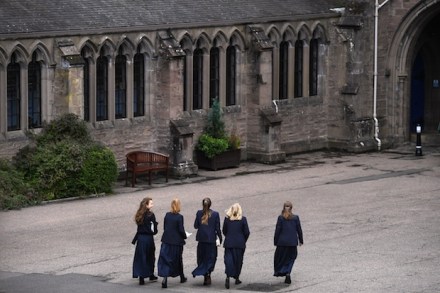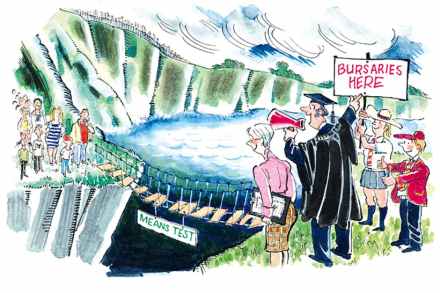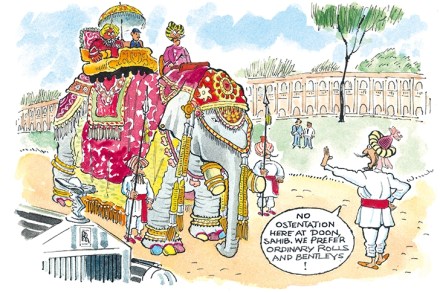Church school critics ought to be consistent on selective education
This week my daughter, 11, got the equivalent of a whopping scratch card win in the lottery of life; she got into the secondary school of her choice, an outcome partly determined by her being a Catholic, partly by dint of her entirely fortuitous proximity to the school in question. Some of her classmates are also going around punching the air, others, also baptised, aren’t, presumably on the basis that they didn’t live close enough. They’re a bit subdued right now, poor mites; at the age of eleven, they’ve got the sense that things haven’t really worked out for them, unless quite a few of the lucky ones turn down
















